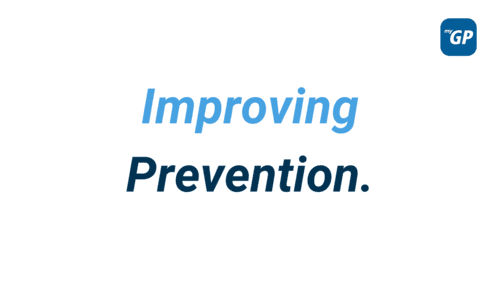Cancer is the second-leading cause of death worldwide, accounting for approximately 10 million deaths each year. With at least one third of common cancers being preventable, this means that millions of lives could be saved through earlier detection and treatment.
Screening programmes in England save around 10,000 lives per year through prevention and early diagnosis. Uptake of these programmes has been steadily declining and, along with the temporary pause in screening/cancer care services due to COVID-19, this has had both health and financial implications.
iPLATO has been supporting cancer screening programmes for many years using its DTAC-approved myGP Population Health Service. This service successfully delivers healthcare campaigns at scale by extracting data from patient records to centralise patient communication. Various projects implementing our multi-media driven solutions have validated our approach and shown a transformed uptake of cervical smears and improved participation in breast and bowel cancer screening services. For example, we have worked with NHS England to deliver a London-wide Cervical Screening text reminder programme, which has resulted in a 4.8% increase in attendance, equating to an extra 13,000 women being screened. Improving uptake across all age ranges and deprivation scales, this solution has also decreased the time between receiving an invitation and attending screening by 17 days on average. Further analysis has also showed an improvement on initial figures, with uptake increasing further to 6.3%.
According to Jo’s Trust, over half of the women surveyed reported delaying or not attending screening. We have worked with various areas to help reduce health inequalities by exploring reasons for non-attendance and encouraging participation in hard-to-reach groups. For example, our Breast Cancer programme deployed in South East London targeted women who missed their two previous breast screening appointments. An SMS questionnaire combined with telephone outreach enabled us to capture common reasons for non-attendance and use this feedback to inform communication strategies to encourage women to book an appointment. As a result, over one third of contactable patients were re-booked in for another appointment, equating to over 1800 patients, with 56% of non-responders attending their re-booked appointment. We have also implemented another Cervical Screening SMS programme in North Central London targeting non-responder patients. Approximately 12% of those who had never previously been screened attended their cervical screening appointment following an additional text reminder message.
As well as working to improve the uptake of screening services, our digital interventions aim to tackle health inequalities and unmet needs to raise public awareness and ultimately improve survival outcomes at scale.
We are, as ever, here to help. And that starts with helping improve the prevention of thousands of cancer-related deaths each year.
-Tara Bush


